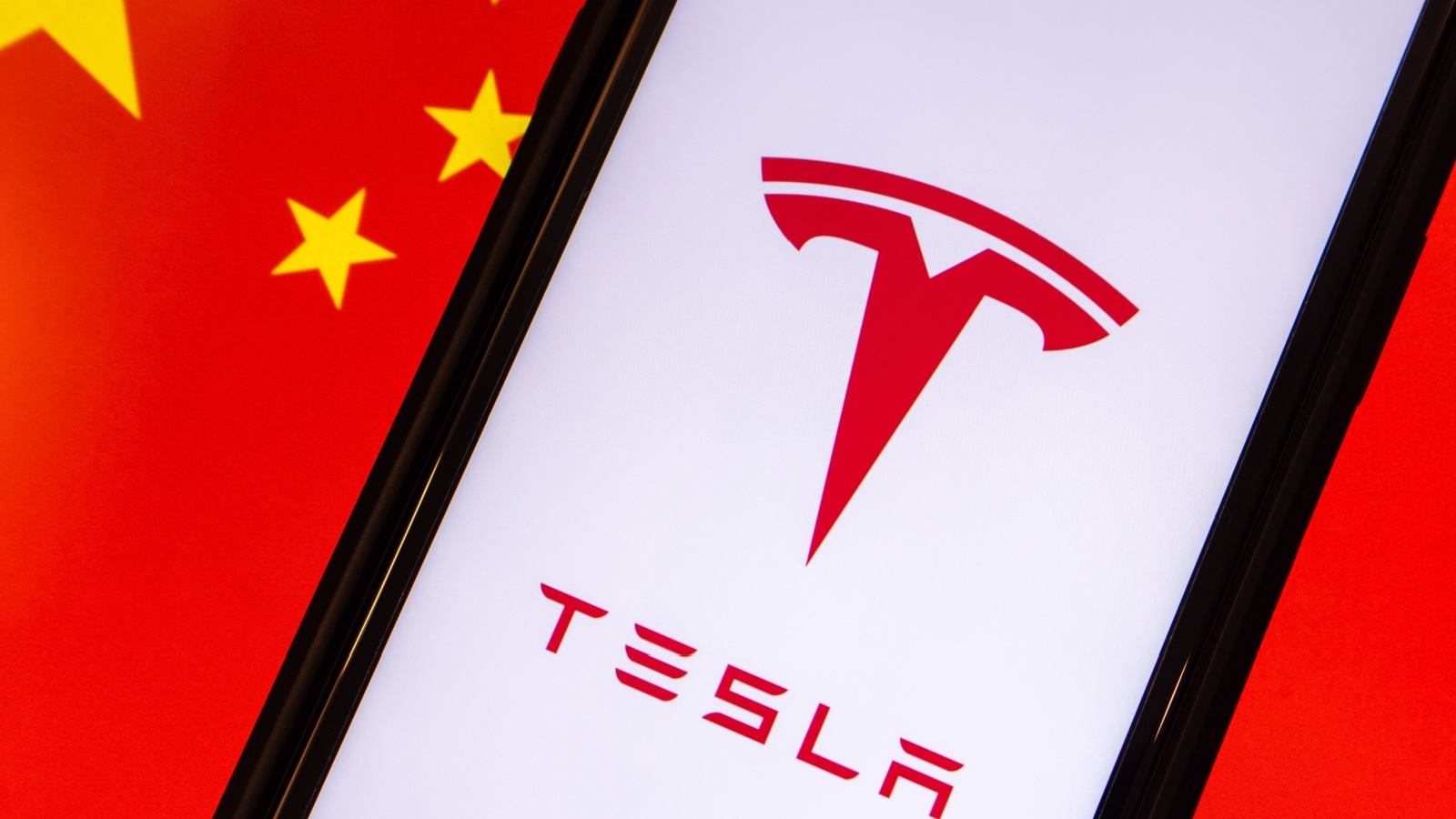
It may seem odd that the CEO of the world’s most prominent electric vehicle (EV) company would be criticizing President Joe Biden and his administration’s new tariffs against Chinese EVs. But Elon Musk recently did exactly that.
Indeed, the Tesla (NASDAQ:TSLA) CEO recently addressed this topic at the VivaTech conference in Paris, France. At the event, Musk said he was surprised by the announcement but does not support the tariffs, believing the industry is better off without them. However, his brief argument overlooked several key points that investors should consider.
Shouldn’t someone like Musk, who stands to benefit significantly when TSLA stock rises, support a measure intended to help the U.S. EV industry? This interesting question is worth a closer look, especially given Musk’s politics and history of strong criticisms against Biden.
Elon Musk Is Wrong About EV Tariffs
When asked how he feels about the Chinese EV tariffs, Musk said that “Tesla competes quite well in the market in China with no tariffs and no deferential support.” The CEO later added, “I’m in favor of no tariffs and no incentives for electric vehicles, or for oil and gas.”
What exactly do the new EV tariffs include? Scheduled to take effect in August, the policy will significantly raise already high tariffs on Chinese-made EVs from 25% to 100%. Additionally, tariffs will also be raised on products like lithium-ion batteries and semiconductors. The purpose of the tariffs is to spur domestic economic growth by safeguarding U.S. manufacturing and preventing less-expensive Chinese goods from flooding the market. Elon Musk also noted that he does not approve of the $7,500 federal tax credit available to buyers of certain EVs.
Let’s examine this in context. To me, it doesn’t quite make sense for Musk to oppose either the tariffs or federal incentives for EV buyers.
True, many Tesla vehicles come with high price tags, even after multiple rounds of price cuts. Perhaps Musk feels that adding Chinese EVs to the U.S. market won’t negatively impact the company’s profits. But plenty of Chinese automakers have actually been ramping up production and offering more low-cost vehicles. Tesla rival BYD (OTCMKTS:BYDDY) just unveiled a new EV with a price tag of less than $10,000. Given the many concerns buyers have raised regarding Tesla EVs, consumers could easily opt for cheaper EVs if they become available.
Now on the incentives. While the EV tax credits have changed multiple times, as Cars.com reports, several Tesla vehicles still qualify as of April 2024. These government incentives could help put more drivers in EVs at a time when the market is still struggling to rebound and things have been especially bad for Tesla.
What’s Going On?
With that in mind, why would Musk be speaking out against policies that seemingly stand to help his company? Well, the Tesla CEO may be doing so for political reasons. As noted, Musk has been quick to criticize Biden in the past. Now, he seems to be unwilling to give Biden any real credit, even when a policy stands to help his company grow at a critical time.
Elon Musk should take a look at the bigger picture here. Tesla is struggling, and Biden is taking steps to help protect the U.S. electric vehicle industry.
On the date of publication, Samuel O’Brient did not hold (either directly or indirectly) any positions in the securities mentioned in this article. The opinions expressed in this article are those of the writer, subject to the InvestorPlace.com Publishing Guidelines.






